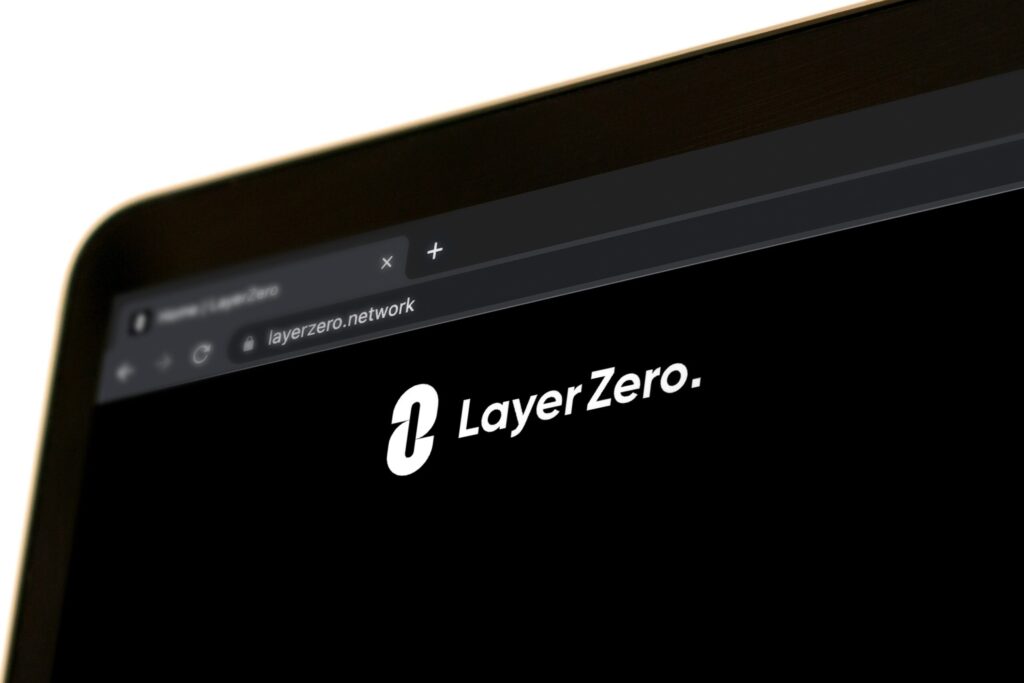
As LayerZero finds more industry-grade airdrop farmers, activity in the interoperability protocol is going down, but still dominates the sector.
LayerZero’s fight against airdrop farming causes a significant activity drop. Despite this, it maintains 80% market share.
Posted June 11, 2024 at 7:08 am EST.
LayerZero’s ambitious sybil detection program, aimed at curbing airdrop farming, seems to have had an unintended consequence: a dramatic decline in activity.
Sybil activities refer to when actors create multiple accounts or identities to gain undue advantages, such as, in this case, obtaining a larger allocation in the airdrop.
Between January and April 30 of this year, LayerZero recorded approximately 300,000 total messages per day. However, since the program’s announcement on May 3, this number has plummeted to around 50,000 per day, with a low of 36,624 on June 1.
Read more: Why LayerZero’s New Anti-Sybil Policy Is Getting Both Backlash and Praise
While the drop in activity is quite significant, LayerZero founder Bryan Pellegrino told Unchained that he’s “quite happy with where things sit.” He attributed the drop to the snapshot being taken, not the Sybil detection program.
“Even at the current reduced rate we have ~80% marketshare with Wormhole, Axelar, and CCIP [Chainlink’s Cross-Chain Interoperability Protocol] so still in a very dominant position,” he added.
While the immediate impact on LayerZero’s activity metrics appears negative, the program is proving effective in its primary goal. The LayerZero team has been identifying and addressing “clusters” of sybil activities. On Friday, Nansen, the analytics firm working with LayerZero on their sybil program, reported uncovering a single cluster of 60,995 sybil accounts, indicating the program’s success in detecting and mitigating fraudulent behavior.
Referring to the anti-Sybil efforts, Pellegrino said that “it’s been WAY more work than we expected it to be but also has detected lots of clusters we never would have found otherwise.”
Additionally, he’s confident that the program was the right thing to do. “The only time to really judge it is going to be at the end, but in my eyes it’s very much been an endeavor worth doing and has produced some pretty amazing results so far.”
A Short-Term Setback for Long-Term Gains?
The sharp decline in activity may initially seem like a setback for LayerZero. However, this dip could be a sign of progress. By identifying and removing sybil accounts, LayerZero is ensuring that its ecosystem rewards genuine users—those who are likely to contribute to the protocol’s long-term growth and stability. Pellegrino said that this represents a shift “back to fully organic activity.”
Pellegrino had also previously told Unchained that “the end goal is actually to reward the largest number of real/durable users.”
The decline in activity after an airdrop has been announced or executed has been very common in this crypto cycle. For instance, Ethereum layer 2 Starknet saw a huge decline in daily active users after its STRK airdrop, and Solana-based protocol Parcl had a significant drop in its total value locked (TVL).
Learn more: What Is a Crypto Airdrop? A Beginner’s Guide
Powered by WPeMatico



